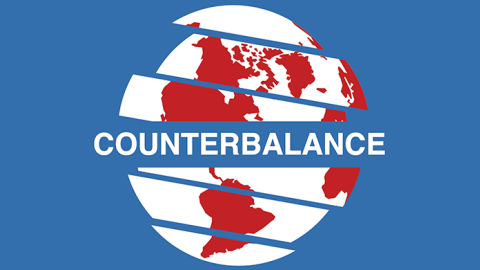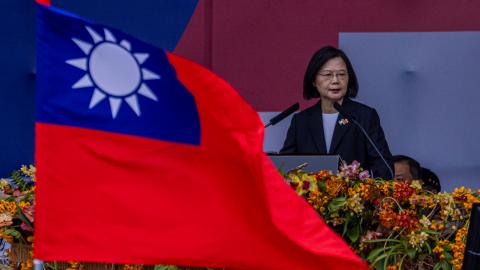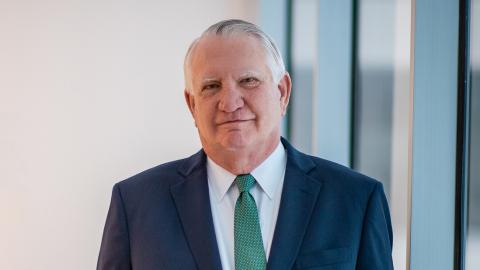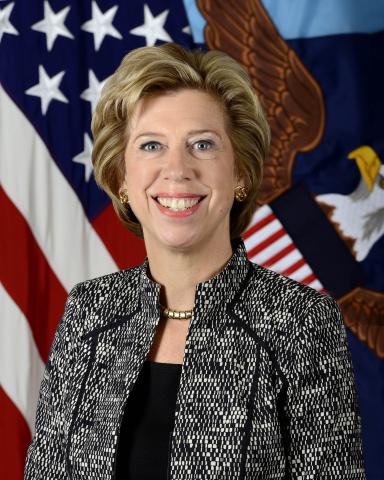Bob Carr has no formal foreign policy expertise or experience. Even so, he does have deep political experience and according to those who know him well, a formidable intellect.
Previous foreign ministers such as Gareth Evans and Kevin Rudd have expressed confidence that Carr could be one of our better foreign ministers.
To become that, Carr will have to quickly abandon the flawed perception that the future of geo-politics in Asia is a game consisting of only three interested major players: the US, China and a wise and fleet-footed Australia uniquely placed to play the role of a bridge and arbiter between these two great powers.
Although Carr's views on China and the future of Asia are not written down in any one comprehensive book or document, we can sketch an outline of his thinking from the various blog posts on his personal Thoughtlines website, speeches and interviews that he has given.
In an interview conducted late last year, Carr said the US was taking a far too strident approach to disagreements with China. Arguing for a peaceful accommodation between the countries, Carr rhetorically asked whether it was "impossible to encourage America to share some of its responsibilities in the region with China".
In one posting on Thoughtlines last November he offered the truism that it would be normal to expect China to build a naval capability commensurate with its economic rise.
As Carr correctly observes, a great trading power like China depends on access to sea-lanes through the Indian Ocean and the South China Sea to sustain its economic growth.
The argument that Australia would do well to position itself as honest broker between the US and China appears compelling. After all, Canberra has a truly special relationship with Washington, while China has been Australia's largest trading partner since 2007.
But there is an immediate problem with trying to be an honest broker in this context. Australia has a robust military alliance with the US. The fact that the ANZUS Treaty is the bedrock of our security is acknowledged by all experts, including Carr. Australia has chosen to be in the US's camp.
So in an environment characterised by deepening US-China strategic competition, Beijing will never accept Australia as an honest broker. Trying to play that role will mean being rebuffed by Beijing and will cause strain with Washington for no gain.
There is a comeback from this argument: Carr's belief that Australia can play a more constructive role is potentially more nuanced than this. In light of a still-dominant American Seventh Fleet patrolling the region, perhaps Australia can persuade Washington to share power and responsibilities with Beijing in Asia. But this seemingly attractive option has a number of problems.
The innocuous sounding notion of sharing more power with China, and granting it more strategic responsibility, ignores the reality that an immensely distrusted China has major land and maritime disputes with many countries in the region.
Even putting Taiwan aside, China's claims over four-fifths of the South China Sea has put it at odds with a handful of Southeast Asian states including Vietnam and the Philippines. It is in an ongoing dispute with Japan over areas in the East China Sea. It has sparred with South Korea and the US over naval activity in the Yellow Sea. While China's claim over the Indian-held territory of Arunachal Pradesh is a landlocked issue, strategic relations between the countries are tense and increased Chinese naval activity in the Indian Ocean is warily watched by New Delhi.
Carr's observation that China's military buildup is a natural consequence of its economic rise is true but irrelevant. As China's power rises, its claims over these disputed territories become more, rather than less, aggressive and assertive. Since the only guarantee of Chinese restraint is the presence of the Seventh Fleet, any Australian initiative encouraging Washington to wind back its strategic role in favour of an enhanced Chinese one will play out badly in every major capital in Asia.
When Carr assumes his role, it will become clear Japan, South Korea, Vietnam, the Philippines, Thailand, Singapore, Malaysia, Indonesia and India do not want any diminution of America's role and presence in the region and an increased Chinese one.
In his first 18 months as prime minister, Rudd treated China as the only important country in Asia and subsequently lost standing in the region.
Carr is entering a mid-term government in enormous political trouble and will have only limited opportunities to assert himself on policy. But during those early months of energy and ambition from late 2007 onwards, Rudd proved the adage that only the very intelligent have the required eloquence to ignore the reality before them. To truly hit the ground running, another cerebral minister in Carr should avoid the same mistake.















